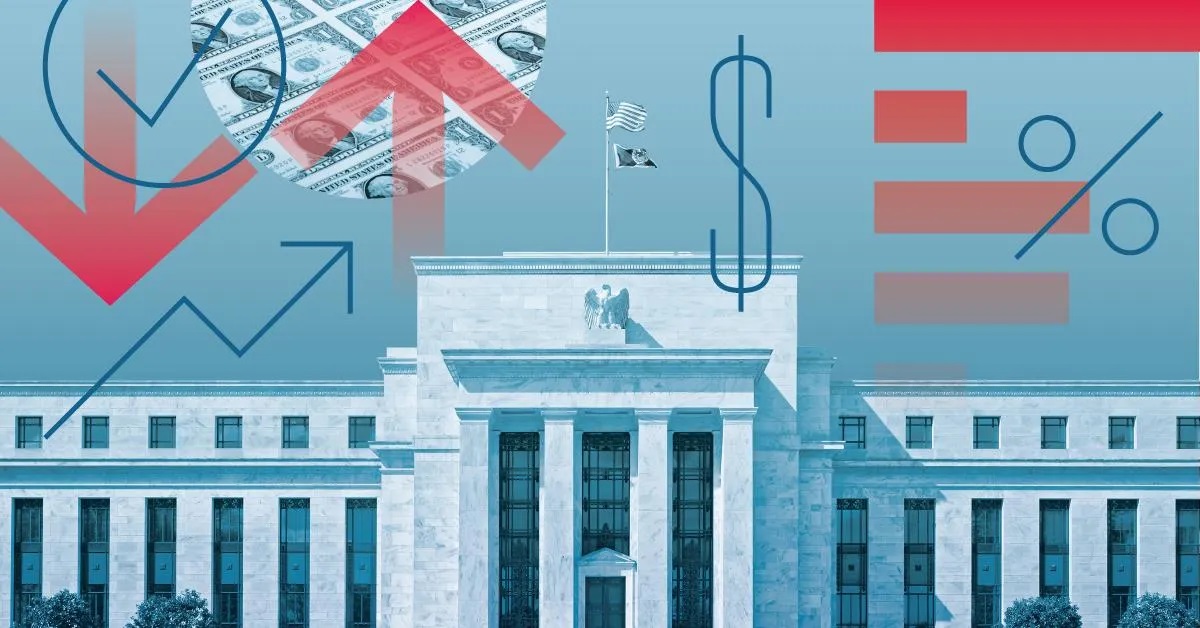Washington, United States — The US Federal Reserve held interest rates steady for a fourth consecutive meeting Wednesday, forecasting higher inflation and cooler growth this year as President Donald Trump’s tariffs begin to take hold and geopolitical uncertainty swirls.
Fed Chair Jerome Powell told reporters the central bank would make better decisions if it waited a few months to understand how tariffs impact inflation, spending and hiring, in a sign that the next rate adjustment could take some time to materialize.
For now, he expects to learn more “over the summer,” while officials appear increasingly divided on whether they can cut interest rates at all in 2025.
The Fed kept the benchmark lending rate at a range between 4.25 percent and 4.50 percent at the end of its two-day meeting, with officials penciling in two rate reductions this year, similar to earlier projections.
But there was growing divergence among Fed officials participating in the meeting, with a smaller majority expecting the central bank to lower rates at least twice.
The Fed’s decision drew the ire of Trump, who has repeatedly pressured the independent central bank for rate cuts. He wrote on his Truth Social platform that Powell was “the WORST” and a “real dummy, who’s costing America $Billions!”.
Hours before the meeting, he had told reporters at the White House that “We have a stupid person, frankly, at the Fed.”
“We have no inflation, we have only success, and I’d like to see interest rates get down,” he added. “Maybe I should go to the Fed. Am I allowed to appoint myself?”
The Fed said in a statement earlier that “uncertainty about the economic outlook has diminished but remains elevated.”
The central bank also cut its expectations for economic growth this year and raised its inflation and unemployment forecasts, in its first updated projections since Trump in April unleashed sweeping 10 percent tariffs on almost all trading partners.
“Increases in tariffs this year are likely to push up prices and weigh on economic activity,” Powell said.
Avoiding a more persistent impact depends on the size of levies’ effects, how long it takes for them to pass through to prices, and keeping expectations anchored, he added.
‘Well-positioned’ –
Powell maintained that the Fed is “well-positioned to wait to learn more” before considering changes to interest rates.
“Because the economy is still solid, we can take the time to actually see what’s going to happen,” Powell said. “We’ll make smarter and better decisions if we just wait a couple of months.”
The Fed’s call was in line with analysts’ expectations.
As officials anticipate more clarity on the impact associated with higher tariffs over the summer, “financial markets are not expecting any movement in rates prior to September,” said KPMG chief economist Diane Swonk.
Major US indexes ended little-changed on Wednesday.
Ryan Sweet, chief US economist at Oxford Economics, said the Fed would want evidence that inflation is headed back to its two percent target “before sounding all clear.”
“Preemptive rate cuts don’t appear to be on the table, implying the bar is high for the central bank to cut in July,” Sweet said.
Swonk said, however, “there is a very strong argument that absent the tariff-induced inflation, the Fed would be cutting rates now,” noting that the labor market is slowing.
On Wednesday, the Fed cut its expectations for 2025 economic growth to 1.4 percent from its March projection of 1.7 percent.
It also raised its inflation forecast to 3.0 percent and that of the unemployment rate to 4.5 percent.
Asked about conflict in the Middle East as a clash between Israel and Iran heats up, Powell said that although it was possible to see higher energy prices, these “don’t generally tend to have lasting effects on inflation.”
Trump has pointed to benign US inflation in arguing for cuts.
More recently, he cast such a move as a way for the country to “pay much less interest on debt coming due,” overlooking the fact that lower interest rates usually raise consumer prices.
Powell has maintained that the Fed’s rate-setting committee would make its decisions solely on objective and non-political analysis.








